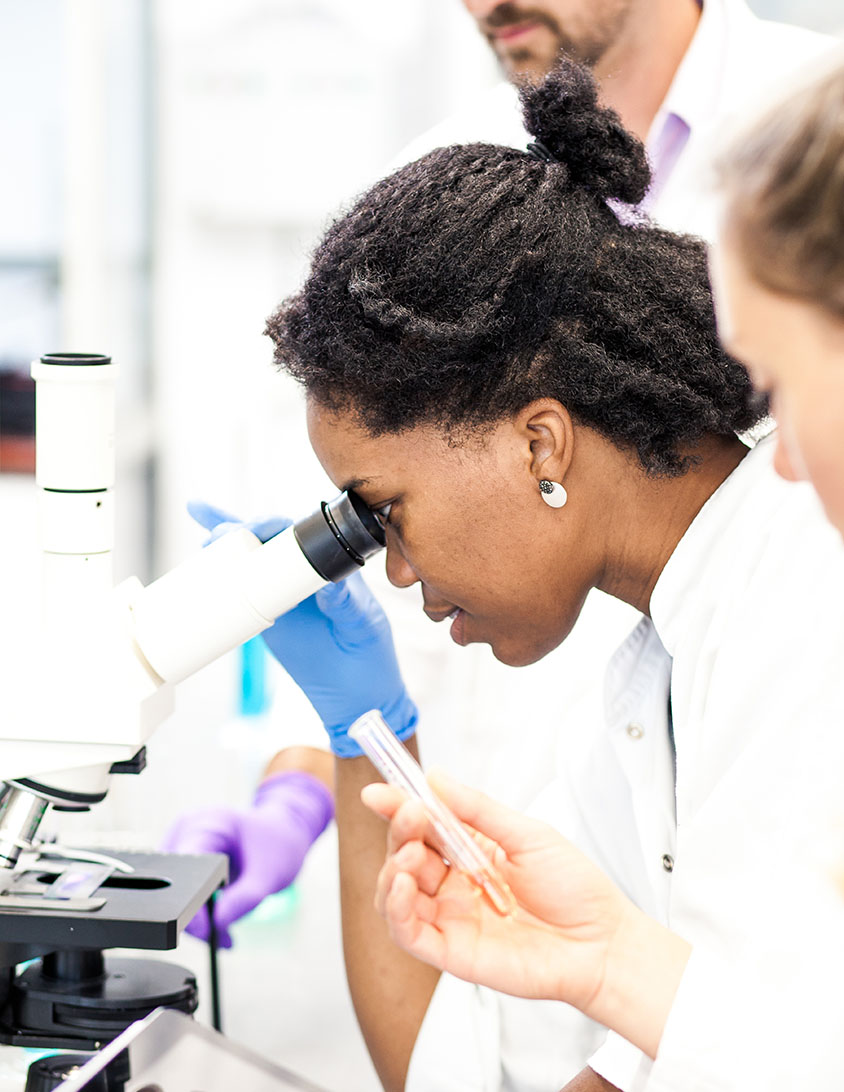About Neuromuscular Diseases
Muscular dystrophy, ALS and related neuromuscular diseases take away physical strength, independence and life. Find out who gets these diseases, what causes them, what the symptoms and life expectancy are for people affected by them, and how MDA research is leading the way to treatments and cures.

